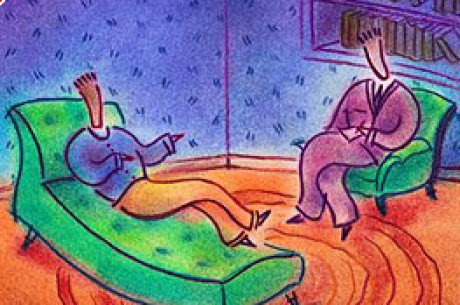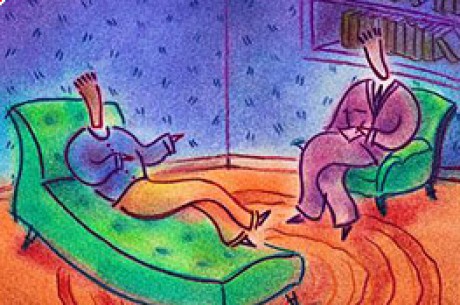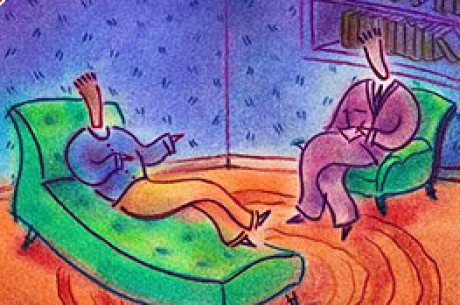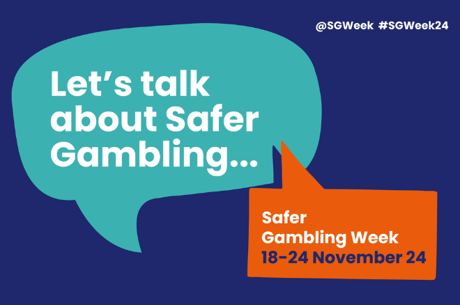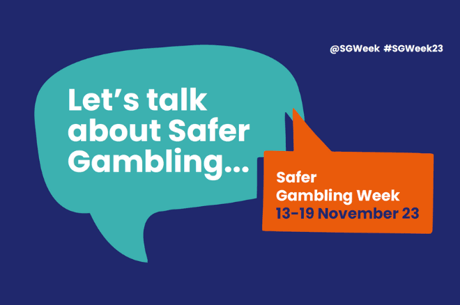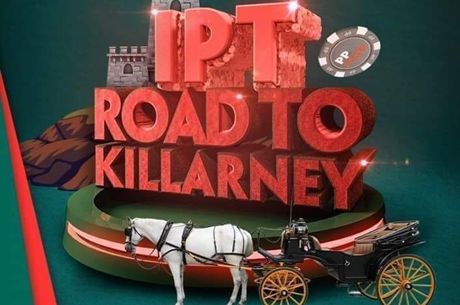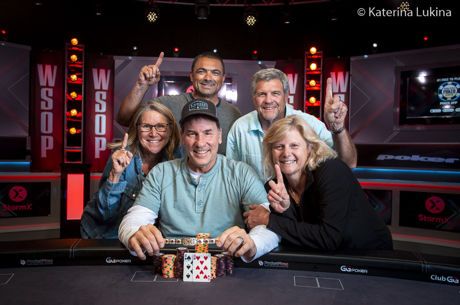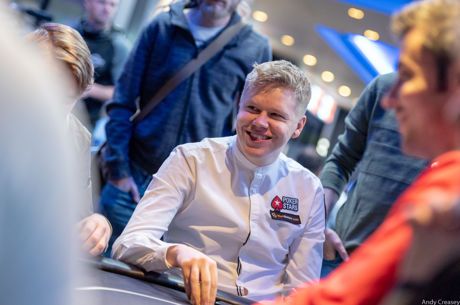The Poker Counselor's Corner (28)
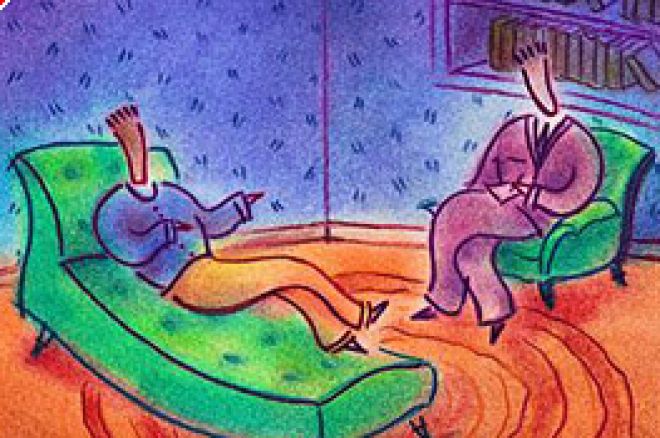
Editor's Note: In addition to being a poker enthusiast, gambling columnist, and lecturer, John is a National Certified Counselor (NCC). He has a Master of Arts degree in Counseling from West Virginia University, and a Bachelor's degree in Psychology with a minor in Sociology from Lock Haven University. You can arrange for interviews, speaking engagements, or ask your question to "the Poker Counselor" at [email protected].
OK, this one is going to sound weird. I always play great after taking a bad beat. I can't explain it. I am supposed to be on tilt, but I almost always just start to crush after taking the beat. What do you think? -Emailed by Jason J. who plays at Party Poker
It seems that every poker book, instructional video, and magazine has a bunch of writers who enjoy highlighting the negative emotional outcomes that come with bad beats. I ruffled some feathers in the poker community recently when I published an article advocating playing through tilt. Personally, I think it is a bit of an unrealistic avoidance technique to run from the table anytime emotions might arise. When I am counseling individuals who are dealing with personal and social issues, I rarely tell them to avoid the issue. Aren't we better served by dealing with the problem at the time it arises? I believe so. And after we've beaten that problem once or twice, we become much more psychologically equipped to handle similar tough situations in the future. This holds very true at the poker table. Avoidance never leads to improvement. Tilting? ---- face it, control it, and beat it, and you will see improvement in your confidence and play.
I guess I am saying that you have evolved your game and toughened your psyche at the table. As you gained experience at poker, you probably did not heed the advice of the myriad of "experts" who implore new players to never play while tilting. As you learned, you fought through the ups and downs. Through all of the experience, your poker mindset has greatly improved. A bad beat no longer spells doom for you via emotional whirlwinds. Instead, a bad beat simply signifies to your mind that it is time to refocus, get determined, and play harder than ever. The greatest poker players I know do exactly the same. I watched Daniel Negreanu battle at the Wynn Casino during his head's up challenge. I thought he would be in rough emotional shape after his monster hands kept getting bested by draws and inferior pairs. He was unflinching, though. If anything, the beats made him even hungrier for the next winning pot. I believe that you have adopted the same fierce quality as what I saw from Daniel. Congratulations on making this important step in your personal poker psychology.
My buddies always want to play those fun poker games such Crazy Pineapple and 5 card draw with deuces wild. I beg them to go with hold em or omaha, because I don't think that we're getting any better by playing these games. - Emailed by Tyler P. from Austin, TX
If you'd like to get better in Omaha and Hold 'Em, you do indeed need to get continue to get experience specifically in these games. Perhaps you could play a "dealer's choice" game, where each player will get an opportunity to call which variation will be played on the next hand. Still, you can certainly improve your poker skills no matter the selected game. Many poker greats started their poker career via non-poker games, such as backgammon, gin, and even chess. You see, each of these contests mimic so many of the skills that we use in our game. Reading others, anticipation, optimal decision making, carefully planning future moves, etc. If poker champions can hone their skills playing backgammon and gin, you can certainly gain some insights while playing Pineapple and 5 card draw. It may actually be beneficial to get away from Omaha and Hold 'Em so that the cards and pot odds are no longer such a large factor. Instead, use these other card games and board games as a chance to sharpen your skills in the psychology of play. Put simply, reading your opponent in gin or hearts is no different than reading your opponent in serious poker games. The best poker players seem to win at mostly all variations of card games, as they understand that the cards themselves are only part of the game.
KEEP THOSE QUESTIONS COMING!!!! [email protected]
Ed Note: Do you want to chat in your own language at the poker table? Everest Poker's software allows you to see chat in many different languages.

